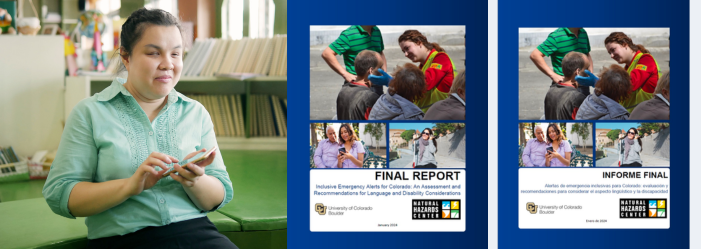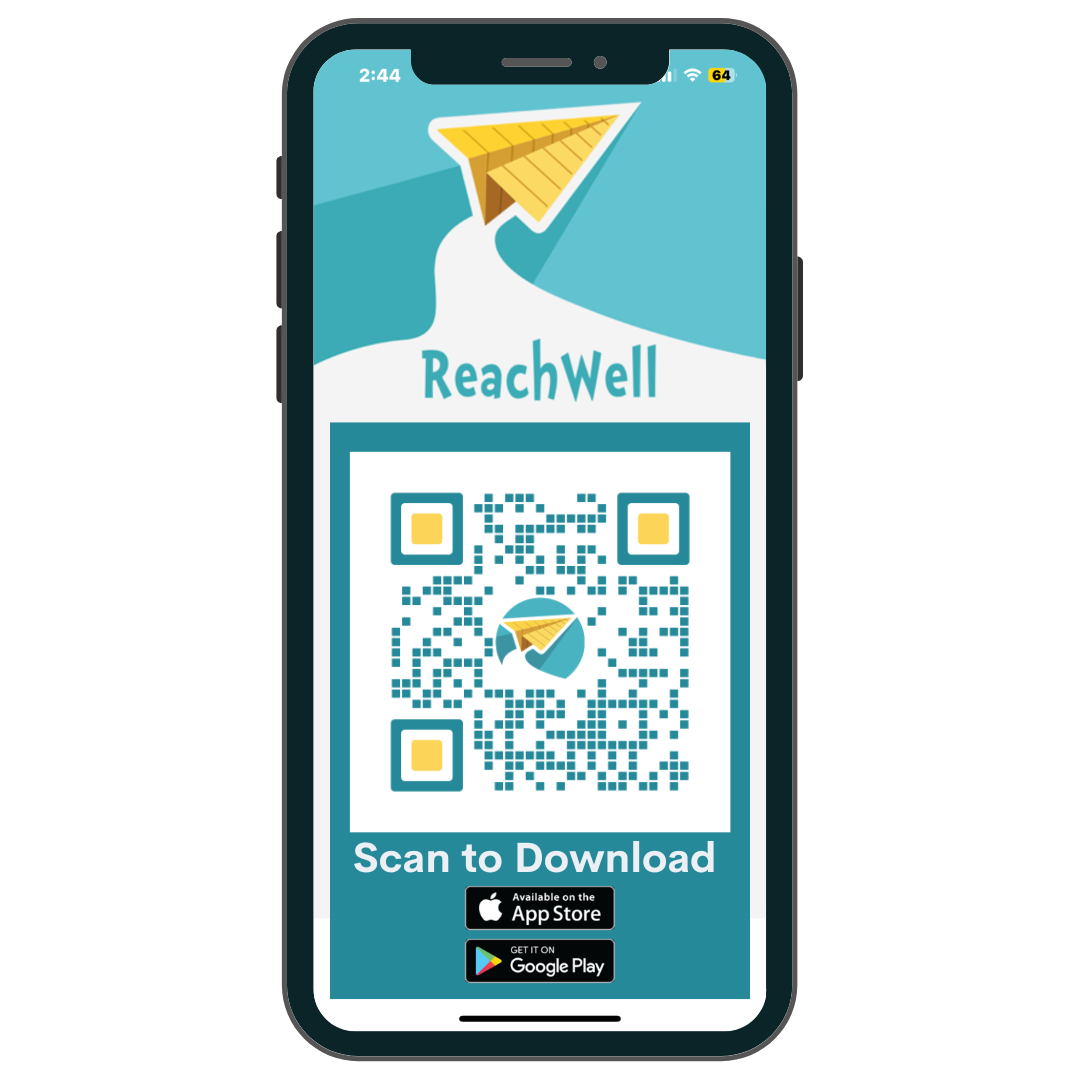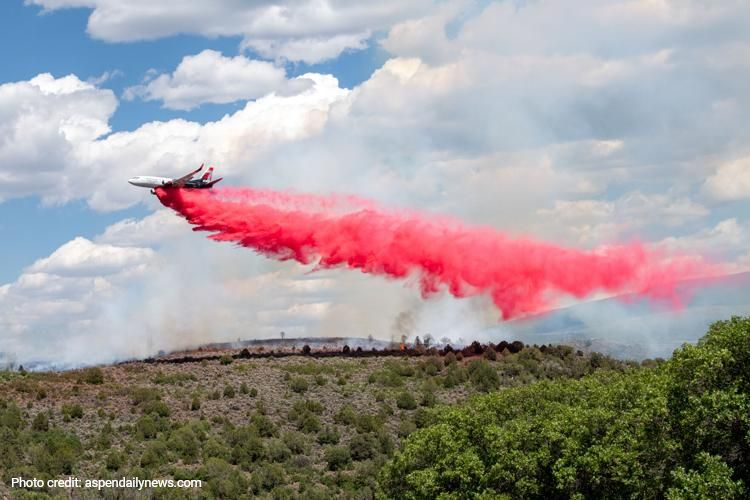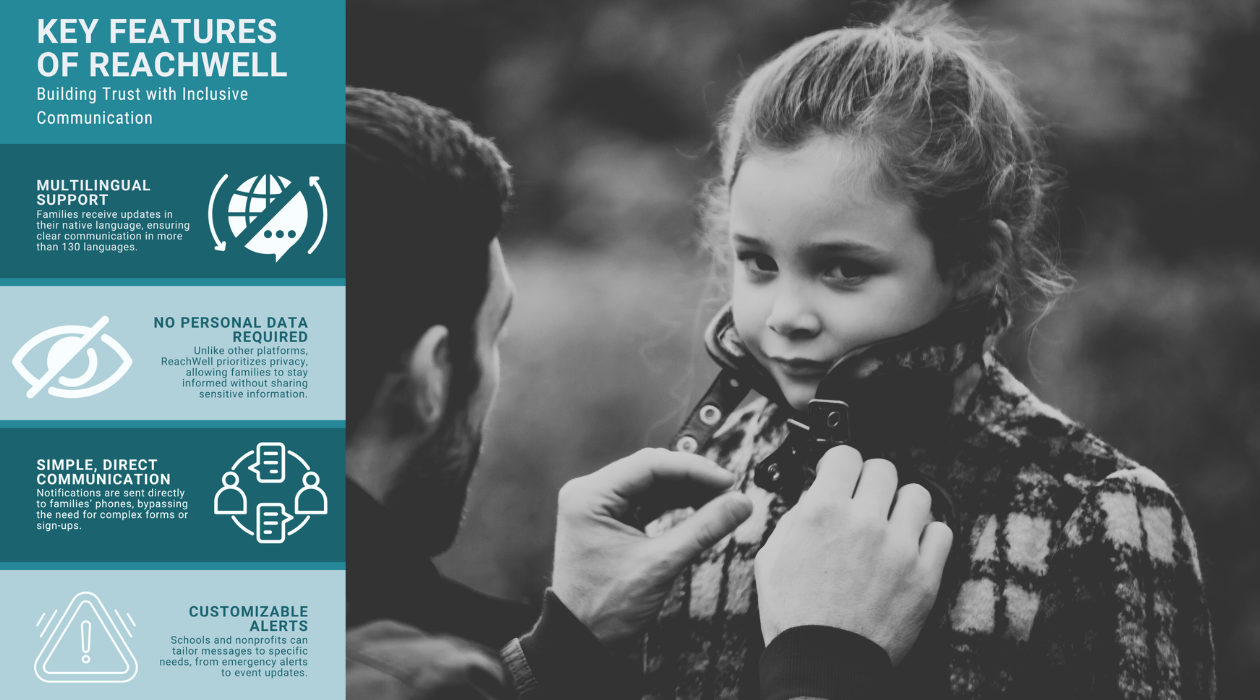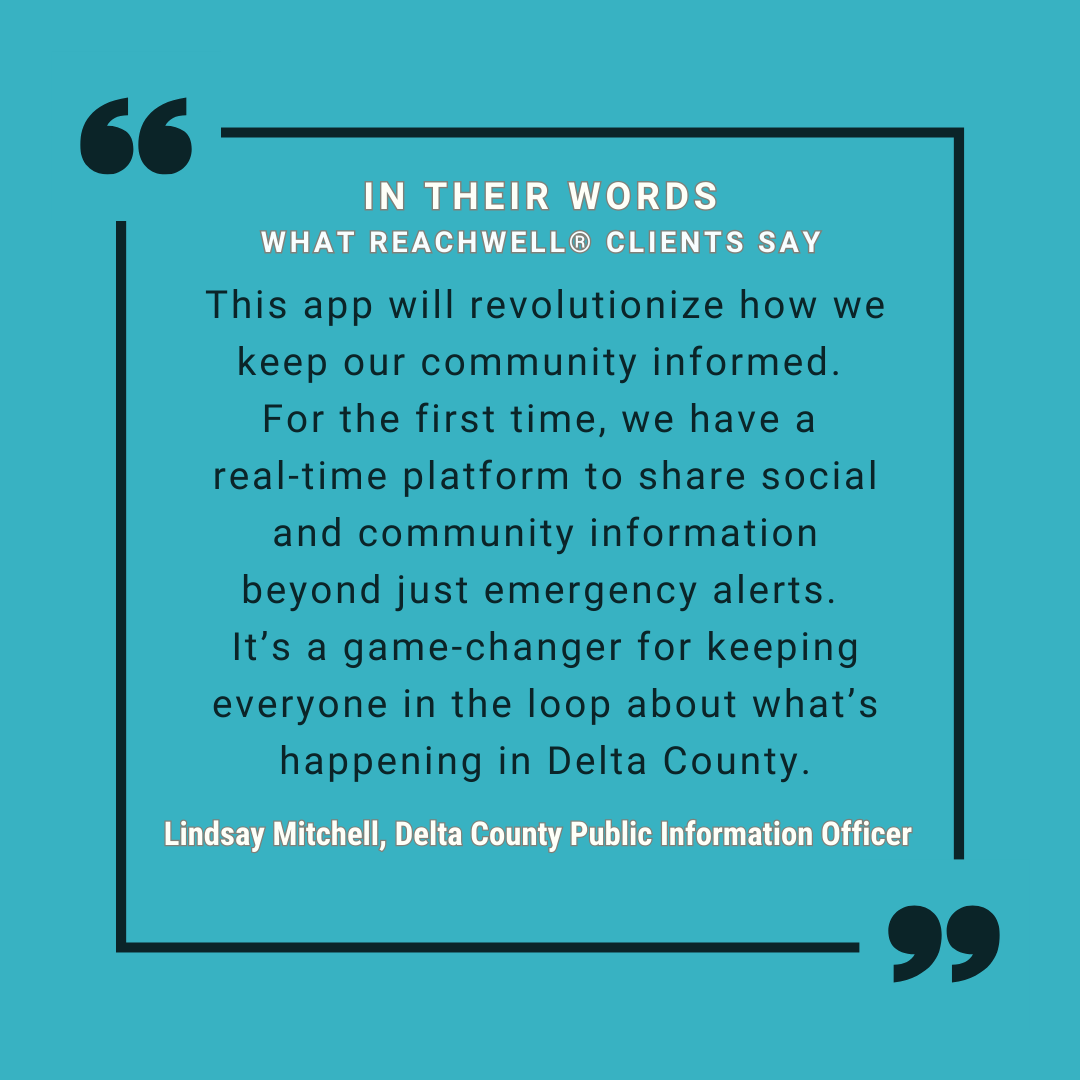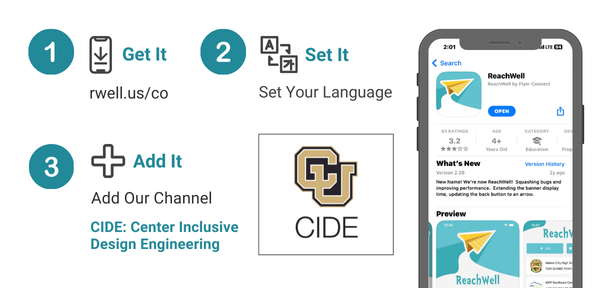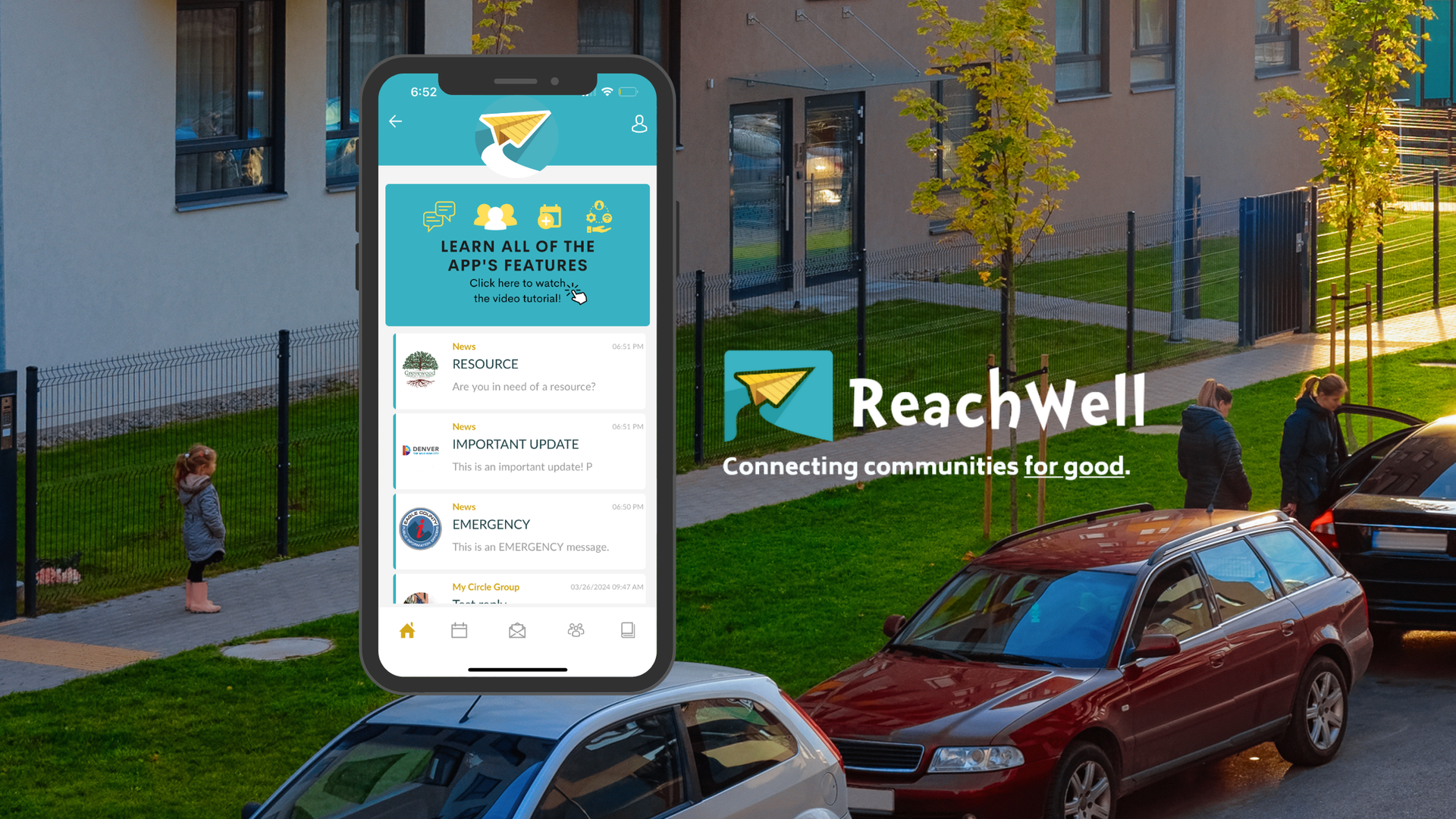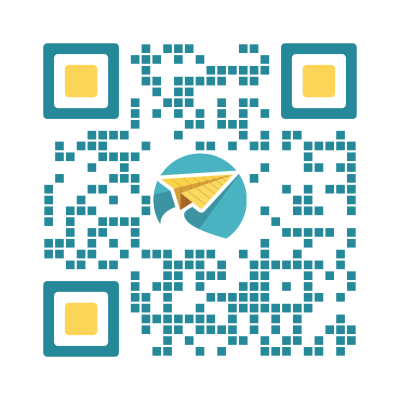The benefit of using the ReachWell app is that anyone can download the app, without sharing personal information and follow their local emergency management channel, like EC Alerts. This is reducing a critical barrier and increasing opportunities so all people, including those from vulnerable and underserved communities, can get help when needed. ReachWell can simultaneously support messaging across multiple regions and improve message quality with proper composition.
The CU report found that Colorado relies heavily on opt-in emergency alert systems but most localities report opt-in rates below 40%. These systems create barriers for everyone, but especially those who don’t speak English or who have disabilities. Tracking alert subscribers and measuring the efficacy of alerts is a challenge.
“Our world experiences high levels of government distrust where individuals do not wish to share personal information. Opt-in rates also suffer when communicating requires residents to maintain phone numbers and email which we know doesn’t happen among lower-income communities. Further, complicated sign-ups, passwords, and logins prevent low-tech residents from opting in,” said Bastani. ReachWell designed its platform to support all these use cases by not requiring personally identified information, logins, or signups, allowing low-income residents to continue to be alerted on their device after they’ve discarded their emails and phone numbers and allowing users to choose their preferred language and receive alerts without being tracked. Perhaps most importantly, in areas where ReachWell is utilized, residents can receive alerts and learn about emergency notifications through their trusted messengers, like nonprofits, schools and other community-based organizations.
Prior to launching in a community, ReachWell works with staff to provide marketing and communications training and extensive testing to enable more local partners to be better prepared before a critical situation arises. ReachWell has firsthand experience recognizing how two identically trained individuals can interpret an event and translate it differently. That is why ReachWell's message translation service has been honed for low-income and migrant communities for years, and with every user and every message sent by a local partner, the innovative ReachWell AI technology continues to improve.
As ReachWell works with local partners to improve access to information and resources, best practices are shared across communities and lessons learned result in innovations that improve technology and services for everyone. ReachWell is designed to support the low-tech-literate residents. Working with newcomer families, ReachWell is aware of the hurdles tech adoption brings, which is why the adoption friction has been minimized to get users to adopt and keep them connected long after their devices change, service ends, or contact information changes.


